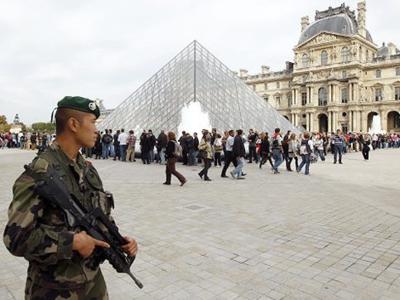The European Security Conundrum: Prospects for ESDP after September 11, 2001
Since December 1998, the debates about the future configuration of security and defence arrangements for the old continent have produced more progress towards a European Security and Defence Policy (ESDP) than in the previous fifty years. That progress was galvanised by the terrorist attacks of 11 September 2001.

Since the closing years of the Cold War, European member states and their transatlantic allies have been involved in vigorous debates about the future configuration of security and defence arrangements for the old continent. Since December 1998, these debates have produced more progress towards a European Security and Defence Policy (ESDP) than in the previous fifty years. That progress was galvanised by the terrorist attacks of 11 September 2001. The debate has essentially turned around three inter-related challenges emerging from the end of the Cold War.
- How to introduce security and defence policy issues into the European Union as prescribed by the Maastricht Treaty.
- How to maximise European security and defence autonomy in terms of both political decision-making and military capacity.
- How to retain US commitment to European security through a restructured Atlantic Alliance guaranteeing Euro-Atlantic complementarity rather than contradiction.




